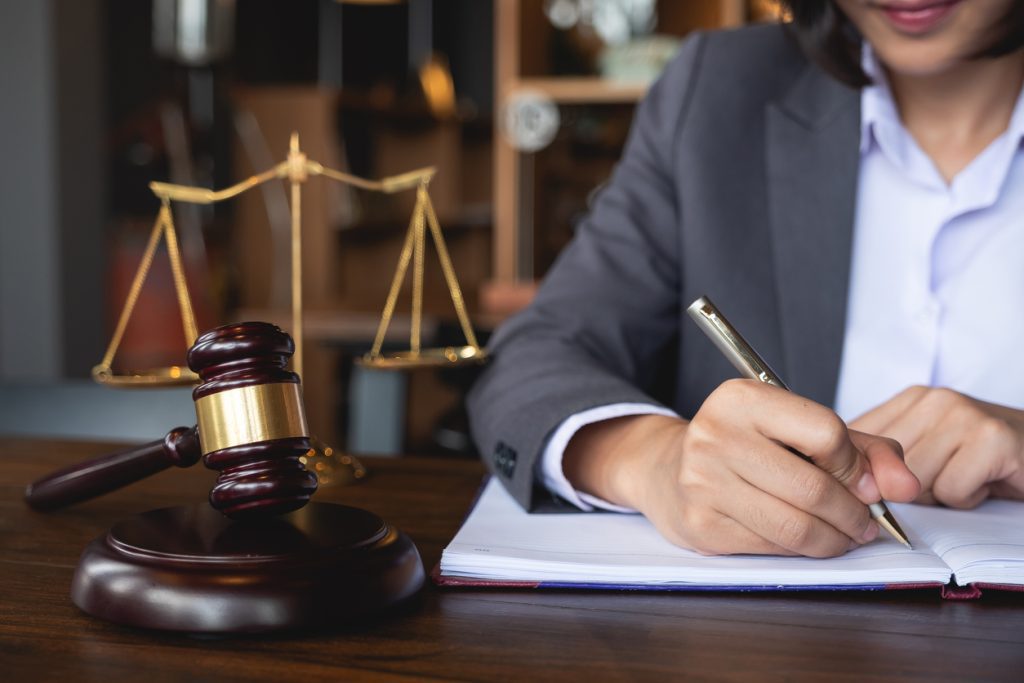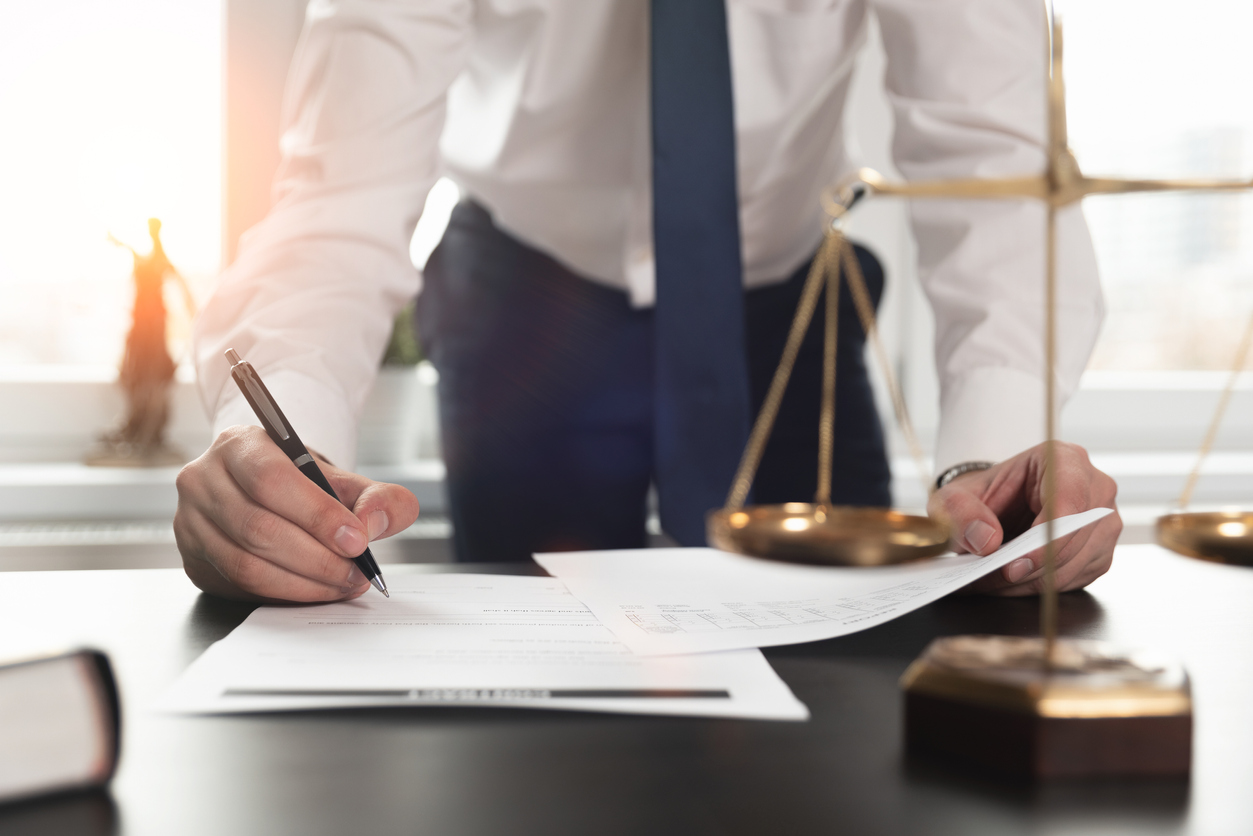Prosecutorial discretion refers to the power a prosecutor or district attorney has. It includes the power to decide whether to charge someone. Prosecutorial discretion also includes the power to decide what to charge someone with. This is a huge power that can have a huge impact on your case.
What is prosecutorial discretion?
Prosecutorial discretion is the power a prosecutor or district attorney has. Prosecutors and district attorneys (sometimes called “DAs”) mean the same thing. They refer to the lawyer that represents the state (sometimes called “the People”) in court.
Prosecutors use their discretion to decide whether to charge a person for a crime. For example, imagine there is a physical altercation between a husband and a wife. A prosecutor could file domestic-violence (or other) charges. But they don’t have to.
Prosecutors also use their prosecutorial discretion to decide what charges to bring. For example, imagine two men get in a fight at a bar, and one of the men hits the other over the head with a chair. The man could face simple assault charges. But he could also face charges for assault with a deadly weapon or even assault with intent to kill. The potential penalties for these charges is very different. It could range from probation to life in prison depending on the state, the situation and the man’s record.
Who is it that actually makes these decisions?
Prosecutors make these kinds of decisions. But it isn’t only the elected prosecutors that have this discretion either. Elected prosecutors are people like George Gascón from the Los Angeles County District Attorney’s Office. They are they lawyers that lead their office.
These offices also have assistant prosecuting attorneys (sometimes called “APAs”) or assistant district attorneys (sometimes called “ADAs”), too. Even these assistant attorneys have prosecutorial discretion. These offices also sometimes have law student interns. In fact, an APA might even let an intern decide some things. For example, they could decide whether to reduce a charge for purposes of a guilty plea.

Is prosecutorial discretion good or bad?
A little bit of both. Prosecutorial discretion is good in some ways. In theory, it allows prosecutors to decline to charge people in certain situations. Sometimes criminal activity is the product of addiction, poverty and other issues. In these cases, prosecutors shouldn’t have to charge someone if they don’t want to.
Unfortunately, these situations are rare. It is more common for prosecutors to use their discretion to overcharge in hopes of getting a plea deal. This could mean charging the guy in the bar fight described above with assault with intent to kill. The hope, then, is that he pleads guilty to assault with a dangerous weapon. Or it could be charging him with several different crimes in hopes that he pleads guilty to one or two of them.
The Takeaway:
Prosecutors are legally allowed to use their prosecutorial discretion. It is not misconduct. While it may seem frustrating or unfair, prosecutors have this authority. And, so long as that is the case, they can use it. But you need to understand what it means and how it impacts your situation.






